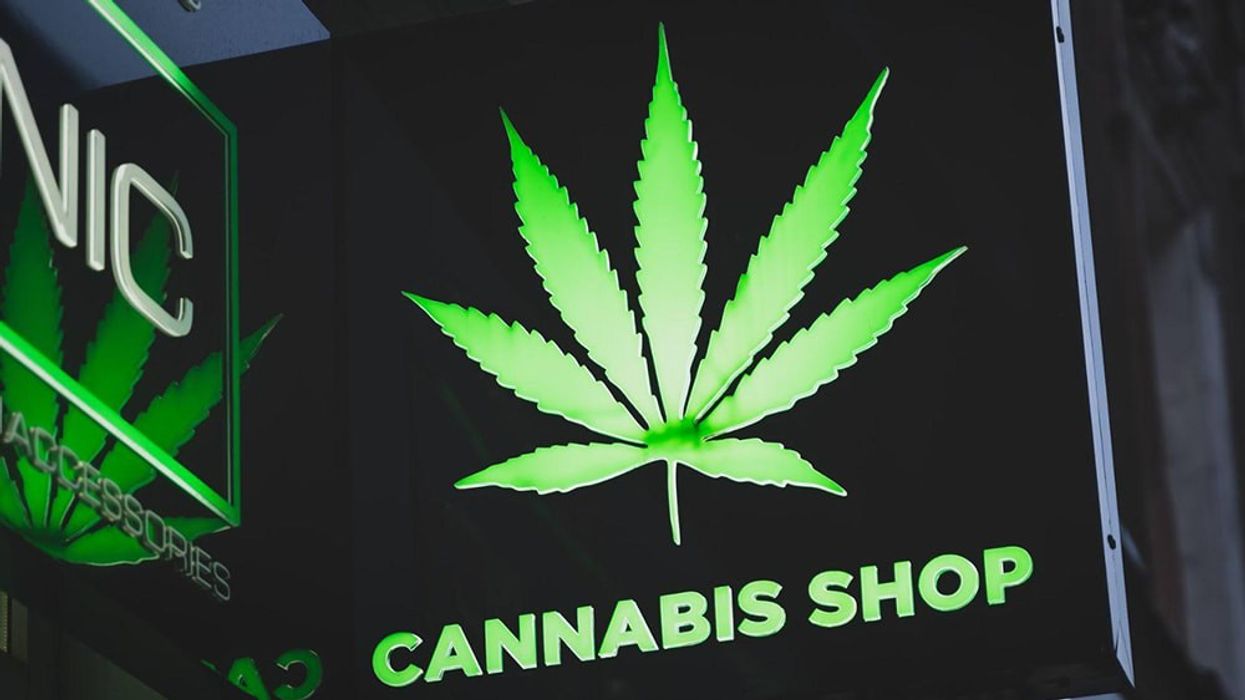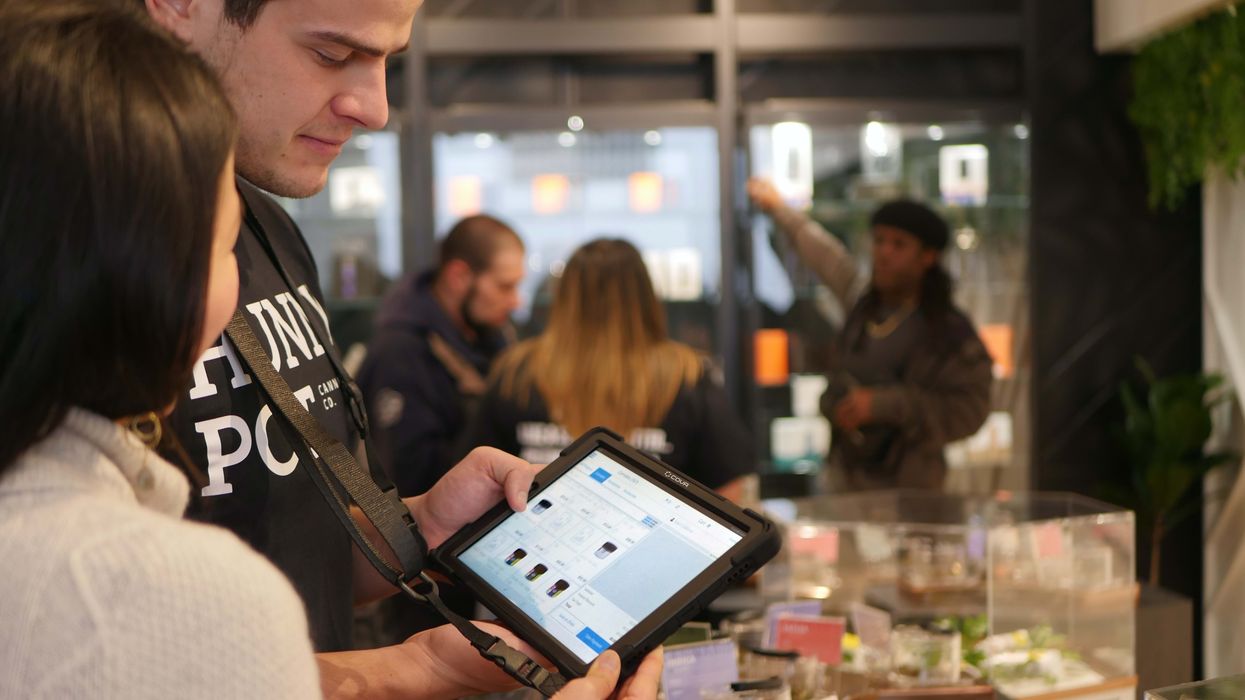New Jersey is one of the most recent states to legalize adult-use cannabis, and one of the benefits of being a Mary-Jane-come-lately state is that you’re able to look at all of the ways other states have messed up in their regulations of the legal cannabis industry.
Because of this, the Garden State has rightfully taken their time in rolling out regulations that make sense. A primary example is the formation of the New Jersey CannaBusiness Association (NJCBA) – an organization that promotes jobs and sustainable growth within the state’s adult-use and medical industries.
Not only does the NJCBA work to grow the industry and its potential for profit, but they work closely in line with the Cannabis Regulatory Commission (CRC) to help ensure operators are compliant and up to date with requirements for successful business operations.
What is the New Jersey CannaBusiness Association?
The NJCBA, which was initially founded in 2016, is New Jersey’s first and largest trade association for the legal cannabis industry. The organization began its existence as an advocacy group for the legalization of adult-use cannabis, as the state only had a restrictive medical program in place at the time.
Then-president of NJCBA ensured the organization’s efforts were placed strongly in advocacy, launching a number of campaigns across the state that worked towards adult-use legalization. Once the plant was legalized, the NJCBA was taken over by Ed DeVeaux, who currently serves as the organization’s president.
“It was my initial goal as president to move us from an advocacy group into what I call us today: the state’s cannabis chamber of commerce,” DeVeaux told The Bluntness.
“And as the state’s cannabis chamber of commerce, we are engaged with advocacy on behalf of our members – with respect to regulation and legislation – on a daily basis.”
The legalization of adult-use cannabis in New Jersey also launched the formation of the CRC, which is in control of crafting industry regulations. The NJCBA works closely with the CRC to make sure businesses are operating in a climate in which they can be successful.
“Our membership represents the entire industry. Not only do we have members who are current license holders, but we also have a number of members who are current and future applicants, along with all of the ancillary businesses that help support the industry operations,” DeVeaux said.
Working to Keep the Industry Focused and United
Via their membership model, which provides access to extensive resources for business owners, the NJCBA represents everyone from attorneys and architects to accountants, janitors, and security firms. The team has also developed a number of committees and subcommittees that address different aspects of the industry.
“We have an umbrella committee, which is our policy committee. Underneath that, we currently have an active hemp subcommittee, a laboratory testing subcommittee, and we are currently working on a plan that would include various aspects of the manufacturing sector,” DeVeaux said.
“In particular, the manufacturing of THC-infused beverages and foods is pretty exciting, and as we expand the roles of our subcommittees, we’ll absolutely have participation from members across the board: the cultivation space, the retail space, and other aspects of licensing.”
The NJCBA is dedicated to helping businesses within the space – and also prioritizing aid for minority operators and those who’ve been negatively impacted by the country’s War on Drugs – but their number one priority is to uplift the economics of cannabis.
“We definitely don’t dismiss the continuing efforts to make sure we have social justice and social equity issues fully addressed, and we also consistently speak in favor of legislation and regulations that protect our minority, women, disabled, and veteran license holders, but all of this is approached from the context of, ‘How do we get cannabis to become an industry that is nationally normalized?’” DeVeaux said.
The Fourth (and Current) Stage of the U.S. Cannabis Industry
According to DeVeaux, the cannabis industry as a whole has seen four stages of development.
1. Criminalization
This phase addresses the initial outlawing of cannabis, which occurred almost a century ago and rocked society in its approach to the healing plant.
2. Weaponization
The weaponization of cannabis started in the early 1900s and continued into the ’70s, when the plant was first declared a Schedule I controlled substance by then-President Nixon (who buried the science and outlawed cannabis for political gain). To this day the twisted roots of cannabis prohibition continue to fester, where they’ve warped the country’s institutions and have shattered countless lives and families – many of them minorities or people of color.
3. Legalization
The age of legalization occurred when people were not only fed up with poor public policy, but beginning to recognize and acknowledge the medical efficacy of the plant. This resulted in the widespread push for legalization throughout the nation we are currently witnessing still underway.
4. Normalization
The age of normalization is where DeVeaux believes we are today. “This is where our vision as the NJCBA comes into play. We picture a state where you can walk down main street and pass a drugstore, a restaurant, a liquor store, and a dispensary, and you won’t think anything about it, because these are all part of the fabric of every community within the state,” DeVeaux said.
The age of normalization is at the forefront of DeVeaux’s and the NJCBA’s intentions today.
“I love that my colleagues in other states have looked at us and said they appreciate the fact that New Jersey has taken its time in order to get things right. When I hear that, it makes me proud – especially when I know that the NJCBA worked closely with the CRC every step of the way,” DeVeaux said.
“We saw challenges in other states, and I think we’ve done a good job of addressing these issues up front, like issues of social equity, economic justice, and social justice, which were all paramount in the legalization conversation from day one.”
Despite their thorough study of other states to ensure they’re getting things right, the NJCBA doesn’t lose sight of the fact that they must remain vigilant, and everyone’s problems can’t be addressed with one uniform piece of legislation or regulations.
“As a cannabis chamber of commerce, we acknowledge that cannabis is a free market system. Businesses will start, and businesses will fail. But when they do, we have to be in a position where we can protect the notions we embraced from the beginning,” DeVeaux said.
“If you were formerly and unfairly incarcerated, or if you were a citizen or resident of a community that was adversely impacted by the War on Drugs, we have to spend more time figuring out how to develop an economic landscape that makes for a more beneficial and successful economic environment. Our industry contributes to the country’s economy, so we can’t lose sight of the fact that normalization should be our battle cry.”
Need a little more Bluntness in your life? Subscribe for our newsletter to stay in the loop.




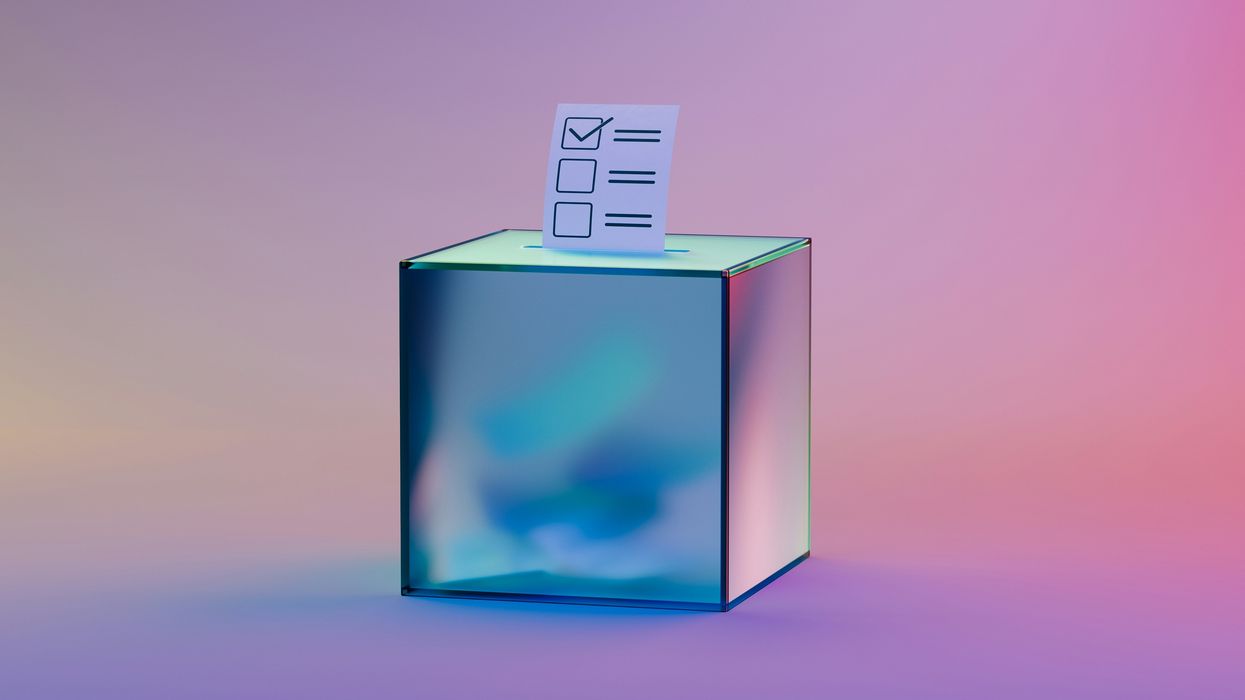






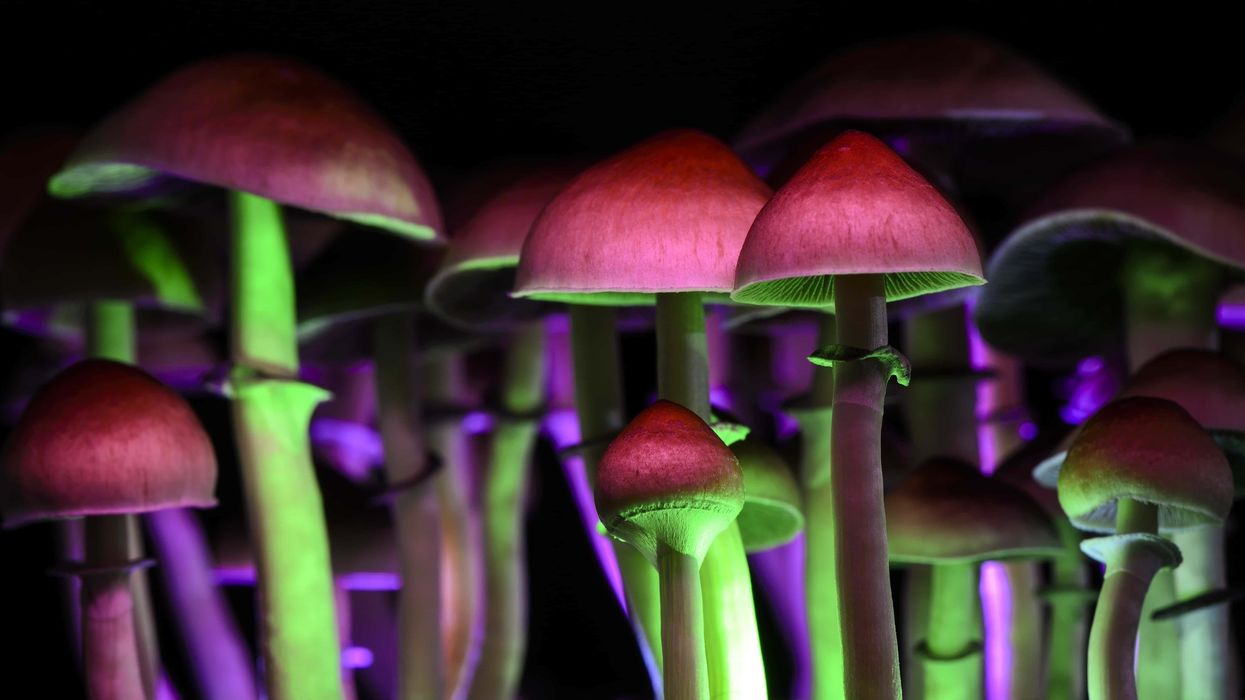


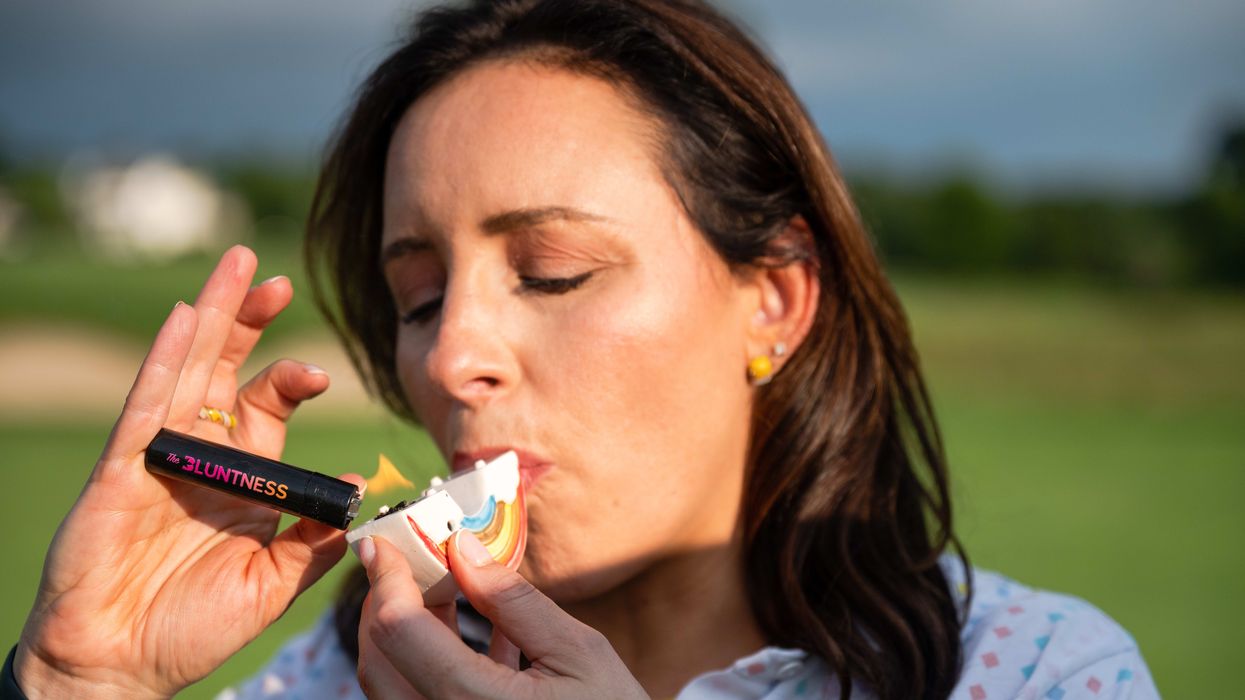
 TeeHC Open - Redefining Cannabis Networking
TeeHC Open - Redefining Cannabis Networking The Media Mixtape Party Vol. 1 - featuring Tony Touch - produced by The Bluntness, JVC, Farechild and Sensi Magazine.
The Media Mixtape Party Vol. 1 - featuring Tony Touch - produced by The Bluntness, JVC, Farechild and Sensi Magazine. 